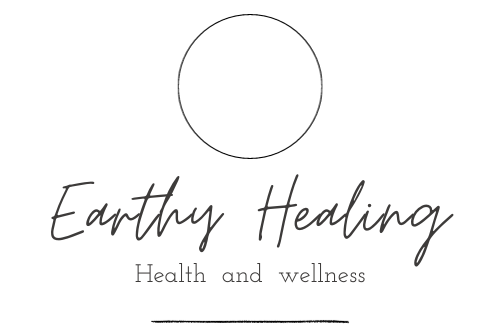Introduction:
Meditation has been practiced for thousands of years, originally intended to deepen understanding of the sacred and mystical forces of life. Today, meditation is widely recognized for its mental and physical health benefits, making it a popular practice in the world of naturopathy and beyond. This article explores the profound impacts of meditation on health, outlines various techniques, and offers guidance on how to incorporate this transformative practice into your daily routine.
What is Meditation?
Meditation involves engaging in a mental exercise to achieve a heightened state of awareness and focused attention. It often focuses on cultivating a deep state of relaxation and a tranquil mind, which can lead to improved physical health and emotional well-being. Various forms exist, including mindfulness meditation, transcendental meditation, guided meditation, and yoga, each with its own unique methods and objectives.
Health Benefits of Meditation
- Reduces Stress: Meditation is highly effective at reducing stress. It lowers levels of cortisol, the stress hormone, thereby alleviating symptoms of stress-related conditions like anxiety disorders and cardiovascular disease.
- Enhances Emotional Health: Regular meditation can lead to an improved self-image and a more positive outlook on life. It’s known to decrease depression by influencing key mood-related neurotransmitters like serotonin and dopamine.
- Improves Concentration: Meditation helps increase the strength and endurance of your attention. Practices like mindfulness meditation can enhance the ability to maintain focus for extended periods.
- Promotes Better Sleep: By calming the mind and body, meditation can improve the quality of sleep. It helps in managing the thoughts that often lead to insomnia and facilitates a greater ease in falling asleep.
- Helps Control Pain: Meditation’s ability to relax the body and mind can alter the perception of pain. It is often used as a part of the treatment for chronic pain management.
- Lowers Blood Pressure: Meditation can also improve physical health by reducing strain on the heart. Over time, its practice can lower blood pressure by enhancing blood vessel function and increasing blood flow.
Types of Meditation Techniques
- Mindfulness Meditation: Focuses on being intensely aware of what you’re sensing and feeling in the moment, without interpretation or judgment. Practices include breathing methods, guided imagery, and other practices to relax the body and mind.
- Transcendental Meditation: Involves silently repeating a personal mantra in a specific way to settle the body into a state of profound rest and relaxation and the mind into a state of inner peace.
- Guided Meditation: Often led by a guide or teacher, this technique involves forming mental images of places or situations you find relaxing.
- Yoga: Combines physical postures, breathing exercises, and meditation to achieve improved health and relaxation.
Incorporating Meditation into Your Routine
To incorporate meditation into your daily life, start with just a few minutes each day. Choose a form of meditation that resonates with you, and practice it regularly. Over time, you may find that your meditation sessions naturally extend.
Conclusion
Meditation is a powerful tool for enhancing both mental and physical health. With its deep roots in spiritual traditions and its wide array of health benefits, meditation provides a clear path to improved wellness and a balanced life. Whether you’re seeking to reduce stress, improve emotional balance, or enhance overall health, meditation offers a simple, effective, and accessible solution.

